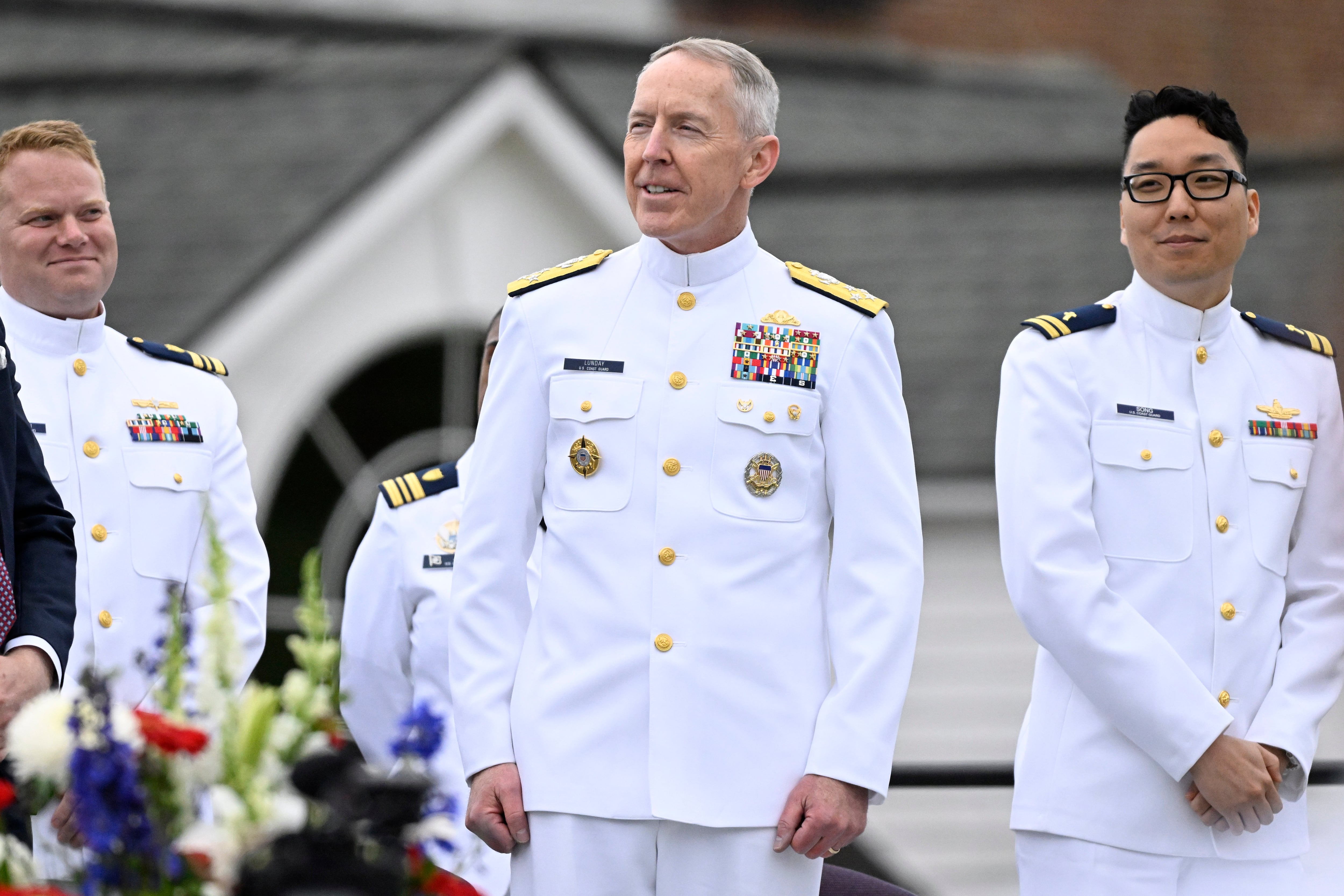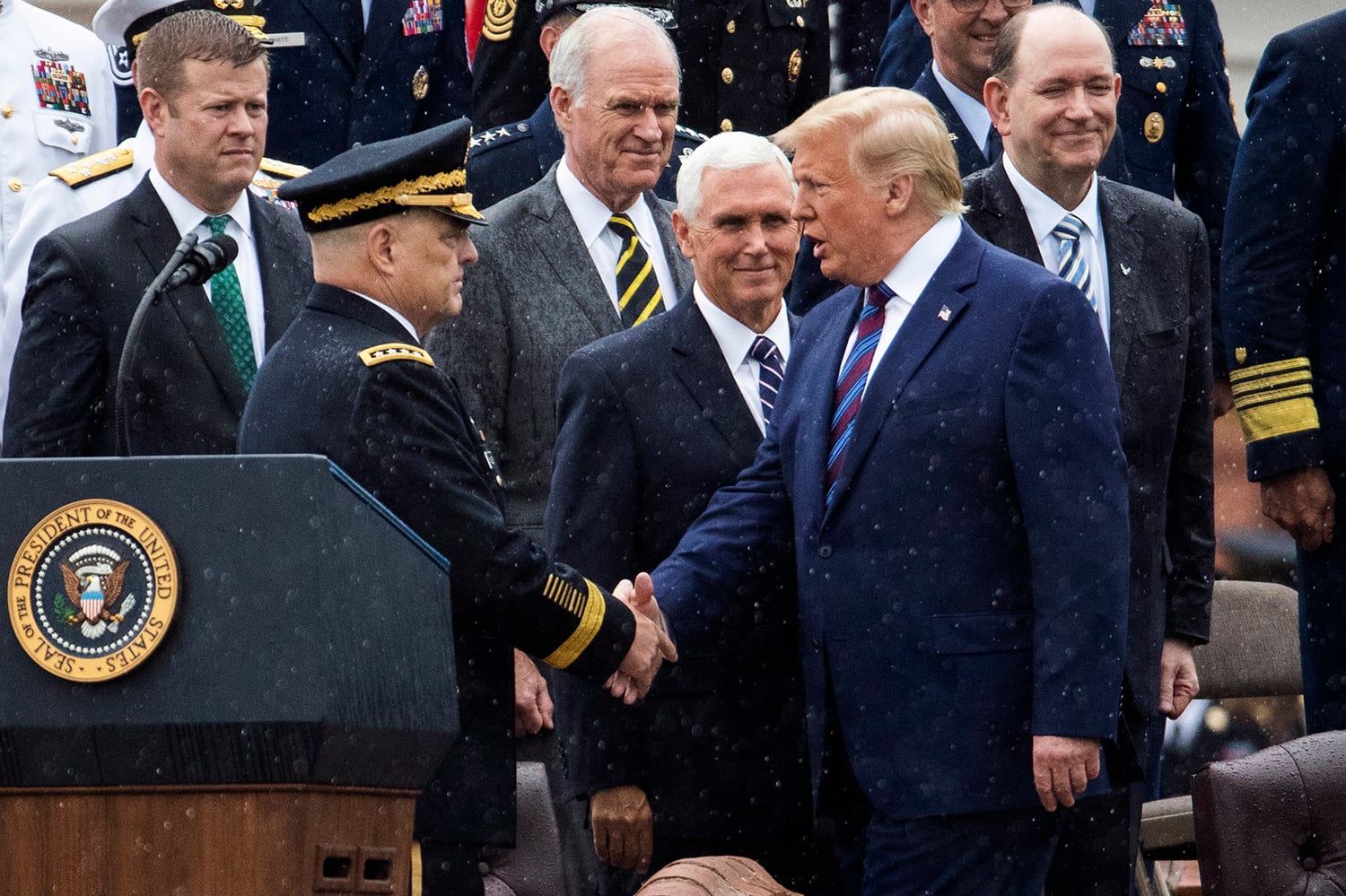WASHINGTON ― The Biden administration is “closely considering” providing long-range fires and other capabilities to Ukraine, a State Department official overseeing arms transfers said.
“We do need to continue to take a very close and deliberate look at what it is Ukraine needs,” Laura Cressey, director of regional security and arms transfers at the State Department’s political-military affairs bureau, said Wednesday at the Defense News Conference in Arlington, Va.
“There’s been a lot of talk about F-16s, a lot of talk about long-range fires,” she said. “All of those the U.S. government is very closely considering, but it takes a lot in terms of training.”
The U.S. can’t provide “whatever is the hot topic at the moment,” Cressey said. “We need to take a close look at the conditions on the battlefield, the absorptive capacity of the Ukrainians themselves, the training.”
“This is not just the United States that is providing Ukraine the capabilities,” said Cressey. “This is a coalition of over 50 countries and it’s significant. Other countries are not gap filling. They’re providing significant materiel whether you’re looking at air and missile defense, modern fighters, armor, the like.”
Cressey and Mike Miller, the deputy director of the Pentagon’s Defense Security Cooperation Agency, expressed hope that Congress will continue appropriating funds to arm Ukraine.
“The support of the U.S. Congress in this effort has been remarkable,” Miller said during a panel discussion, pointing to presidential drawdown authority to provide weapons from U.S. stockpiles, longer-term aid contracted out through the Ukraine Security Assistance Initiative, foreign military financing grants and authorizations for multiyear procurement of munitions.
Congress has passed $61 billion worth of military aid for Ukraine since Russia’s invasion. The White House in August asked Congress for an additional $13 billion in Ukraine military aid via a supplemental spending request. Most senators, including Minority Leader Mitch McConnell, R-Ky., support the request but House Speaker Kevin McCarthy, R-Calif., has ruled out additional Ukraine aid amid growing opposition from the right-flank of his caucus.
An August CNN-SSRS poll found 55% of U.S. voters oppose additional aid for Ukraine. The poll found 71% of Republicans oppose additional Ukraine aid while 62% of Democrats favor more assistance for Kyiv.
Reversing course on F-16s
Pro-Ukraine Republicans in Congress have pressured the Biden administration to send Kyiv long-range capabilities like Army Tactical Missile Systems, or ATACMS, as requested by President Volodymyr Zelenskyy – so far to no avail. President Joe Biden did reverse course on providing F-16s to Ukraine in August, authorizing training for Ukrainian pilots who will fly jets provided by Denmark and the Netherlands.
A provision in the House’s fiscal 2024 defense policy bill would require the Pentagon to build the Lockheed-made ballistic missiles for Kyiv via the Ukraine Security Assistance Initiative. Britain has also provided long-range Storm Shadow cruise missiles to Ukraine.
Estonia’s No. 2 defense official, Defense Ministry Permanent Secretary Kusti Salm, called the Ukraine war “an existential question for NATO” noting “we’re fairly confident” that the U.S. and its European allies can help Kyiv win despite a slow-moving counteroffensive.
“Russia has pushed this into a war of attrition,” said Salm at the conference. “Our job is to send the message that we can out-manufacture you.”
“Our defense has been a self-inducing spiral of declining defense budgets, especially in Europe,” he added “Our job is to turn this around.”
Bryant Harris is the Congress reporter for Defense News. He has covered U.S. foreign policy, national security, international affairs and politics in Washington since 2014. He has also written for Foreign Policy, Al-Monitor, Al Jazeera English and IPS News.





